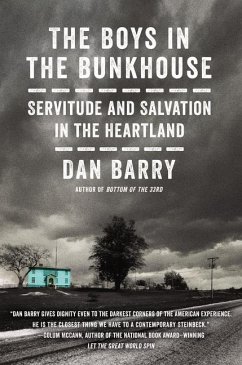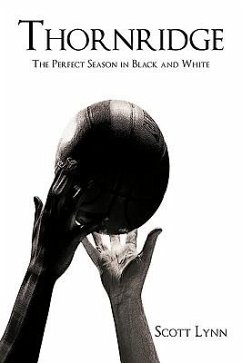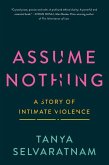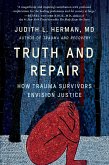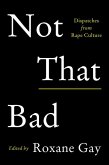It is a Dickensian tale from the heartland: a group of men with intellectual disability, all from Texas, living in a tired old schoolhouse in the tiny Iowa farm town of Atalissa and reporting before every dawn to eviscerate turkeys at a processing plant. In return, they receive food, lodging, and sixty-five dollars a month. Day after day, year after year, decade after decade, living in near servitude. The people of Atalissa accepted and befriended the men?known as the ?boys??but failed to notice the hints of neglect, exploitation, and physical and emotional abuse. It was not until a few conscientious social workers, a local journalist, and one tenacious government lawyer came to their rescue that the men, though much older and grayer, found justice at last. New York Times journalist Dan Barry reveals how these men remained all but forgotten for more than three decades, blending into the rural rhythm as occasional complaints about their living conditions went mostly ignored. Drawing on extensive personal interviews and reams of public records, Barry delves deep into their lives, summoning their memories and suffering, their tender moments of joy and persistent hopefulness?and, most of all, their endurance. He explores why this small town missed the telltale signs of exploitation, details how those responsible for such profound indifference justified their actions, and chronicles the lasting impact of a dramatic court case that has spurred advocates to push for just pay and improved working conditions for people with disabilities. A luminous work of social justice, told with compassion and compelling detail, The Boys in the Bunkhouse is inspired storytelling and a clarion call for vigilance?an American tale that holds lasting meaning for all of us. The people of Atalissa will tell you right off: Those Henry's boys never complained. They'd mingle at the coffee hour after church, or browse at the minimart, or eat another community supper in the fire station, some of them prattling on about county fairs and NASCAR and Hawkeyes football. But they never whined. Never said boo about living in the same building and doing the same work at the same pay year after year. But why didn't the men complain? It is the same facile question that arises in cases of domestic violence, workplace harassment, and schoolyard bullying. The question comes from a position of doubt, at a safe distance: Sure, these guys had?what's it called now? Right. So these guys had ?intellectual disability.? But how would that stop them from complaining if they were being mistreated? One answer could be that the bunkhouse boys believed they had nowhere else to go. ?from The Boys in the Bunkhouse

